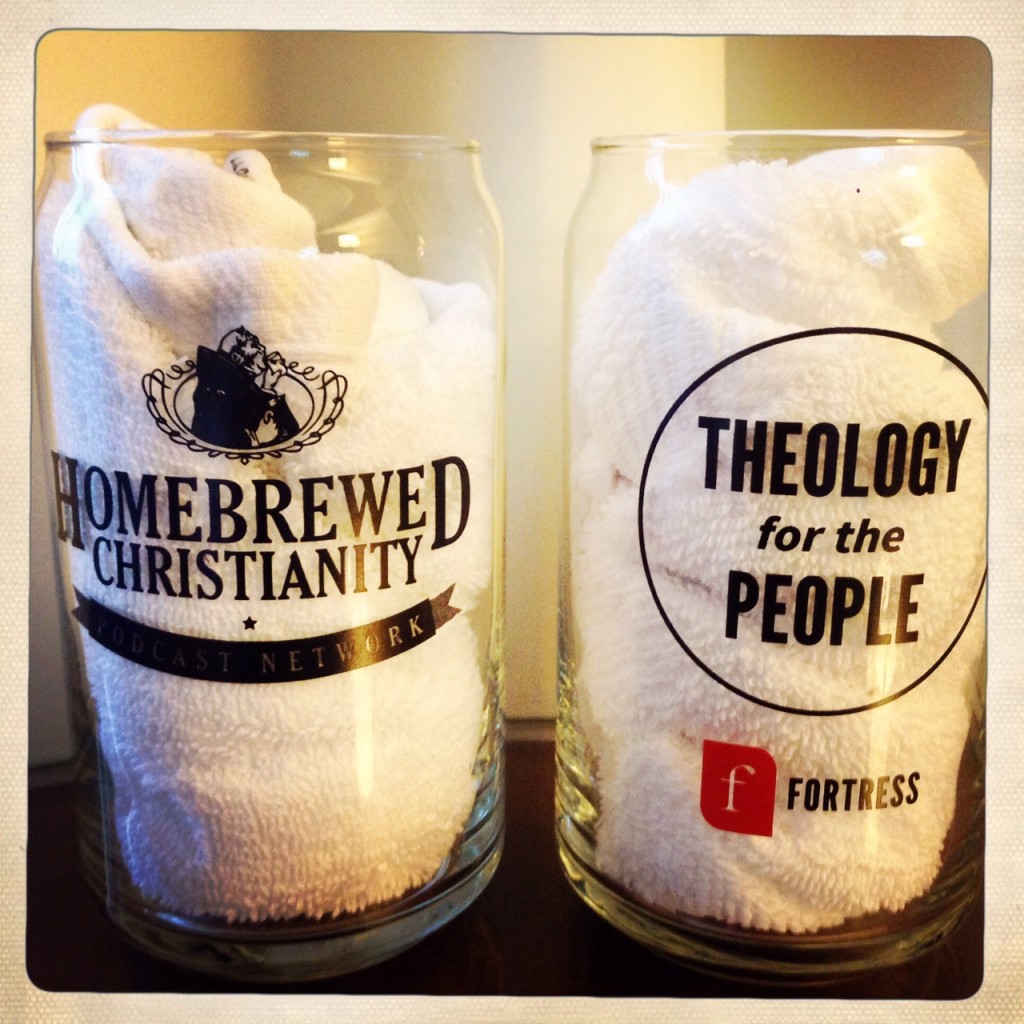Jeremy Fackenthal details three ways in which process theology is compatible with feminism. Here’s one:
Process theology views God’s power as collaborative, not coercive.
Discarding the dominant view of power as power over some other subject, process thought adopts instead an understanding of power as power with another subject. God does not coerce the world, but rather attempts at persuading the world through God’s patient and loving call. Humans then have the freedom in each moment of their lives to respond to God’s call or not. The reason process thinking is able to present this altered understanding of divine power is because it see’s God’s power as necessarily limited (not self-limited, but inherently limited). While lots of people don’t like this and see it is a weakened form of God, process theology holds the idea of God’s collaborative power as far more worthy of worship than a God who acts unilaterally in the world through coercive force. I see this reconceptualization of God’s power as compatible with feminist thought because it breaks down deleterious power relations that promote the power of the one over the many, offering instead the opportunity to be collaborators in the on-going creation of the world. God’s collaborative power promotes justice, equality, and the value of human life.
Read the other two HERE.












